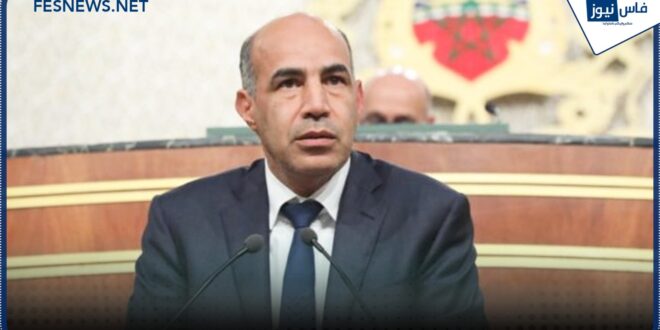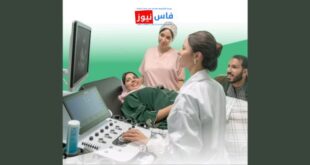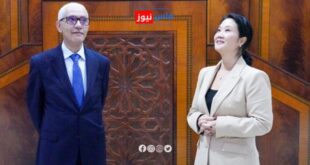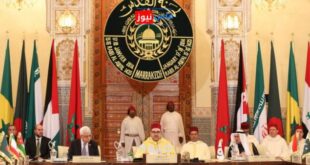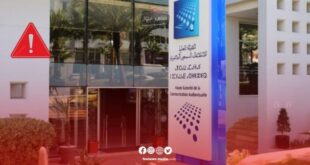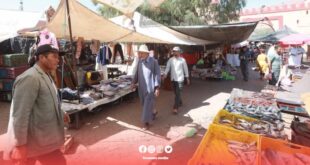In a session filled with important discussions, Hicham Sabri, the newly appointed Secretary of State to the Minister of Economic Integration, Small Enterprises, Employment, and Skills, outlined the government’s key priorities in enhancing economic integration, improving transparency, and developing the business environment in Morocco. His speech, delivered during a session at the House of Advisors yesterday, focused on various initiatives and projects that the government plans to implement in the near future.
At the start of his speech, Sabri emphasized the importance of coordination among the three key stakeholders in the employment sector: the government, the private sector, and labor unions. He highlighted that achieving successful agreements would be a national success, especially in light of the current global economic challenges. He explained that the government is committed to improving investment policies to create new job opportunities and enhance the competitiveness of businesses.
Sabri pointed out that one of the main priorities is to widely implement collective labor agreements. He described these agreements as a “social contract” that ensures the continued productivity of businesses while protecting workers’ rights, particularly in the face of emerging challenges in the labor market. He also stressed the need to combat precarious work across various sectors, reiterating that the government will continue its efforts to ensure a fair and safe working environment for all.
Furthermore, Sabri discussed the importance of improving Morocco’s investment climate, noting the legislative changes that have taken place in recent years, such as the modification of the Commercial Code and the provision of better conditions for investment in industrial zones. He emphasized the role of major government projects in boosting the national economy.
The Secretary of State also highlighted that Morocco is undergoing a pivotal phase of economic and social development, with the government placing special importance on economic inclusion, particularly for youth and women, amid the changing economic climate. He assured that the government will continue to engage with social partners and maintain positive interaction with unions and businesses to achieve tangible results in employment and economic development.
In conclusion, Sabri called on all social partners to collaborate continuously in achieving the government’s goals of improving the work environment, reiterating that the private sector is the key driver of economic growth. He also promised to reinstate the Collective Bargaining Council, which has not met since 2020 due to the pandemic, with plans to schedule upcoming sessions soon.
source : fesnews media
 فاس نيوز ميديا جريدة الكترونية جهوية تعنى بشؤون و أخبار جهة فاس مكناس – متجددة على مدار الساعة
فاس نيوز ميديا جريدة الكترونية جهوية تعنى بشؤون و أخبار جهة فاس مكناس – متجددة على مدار الساعة

